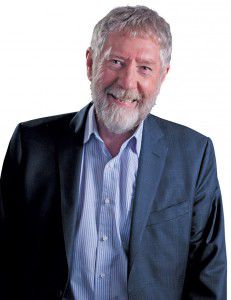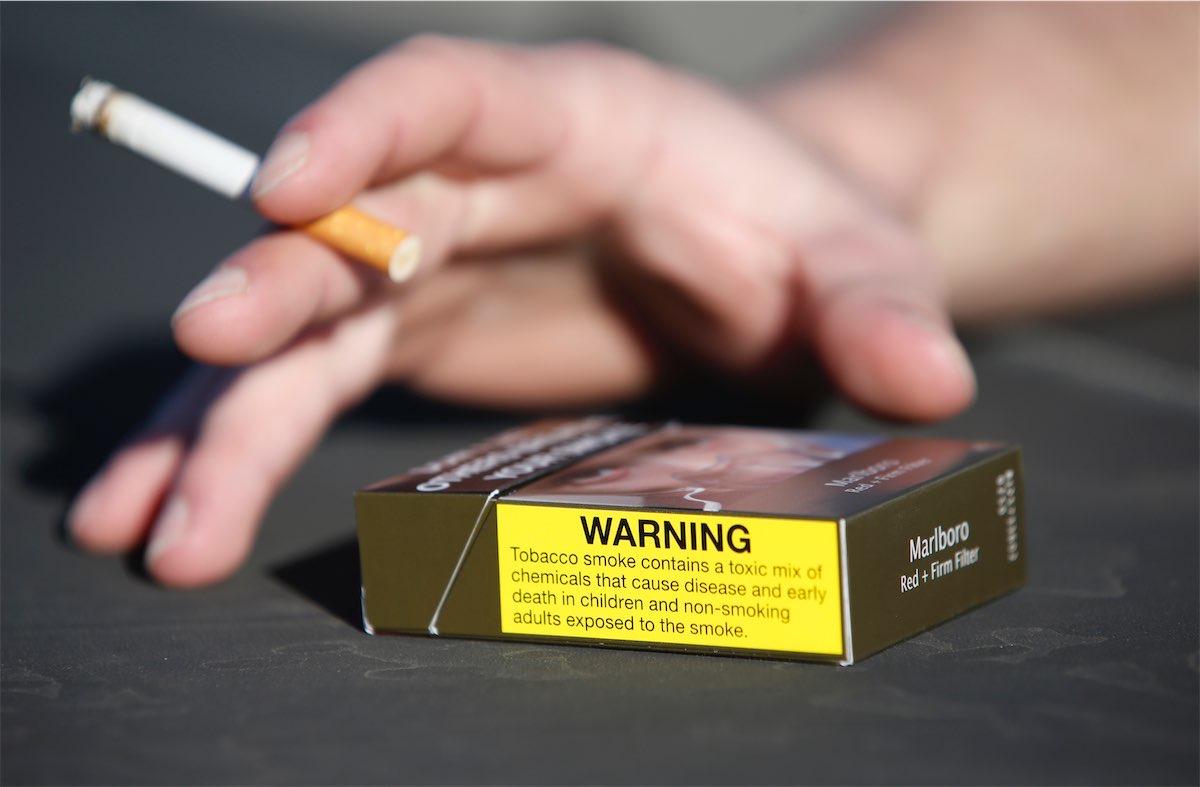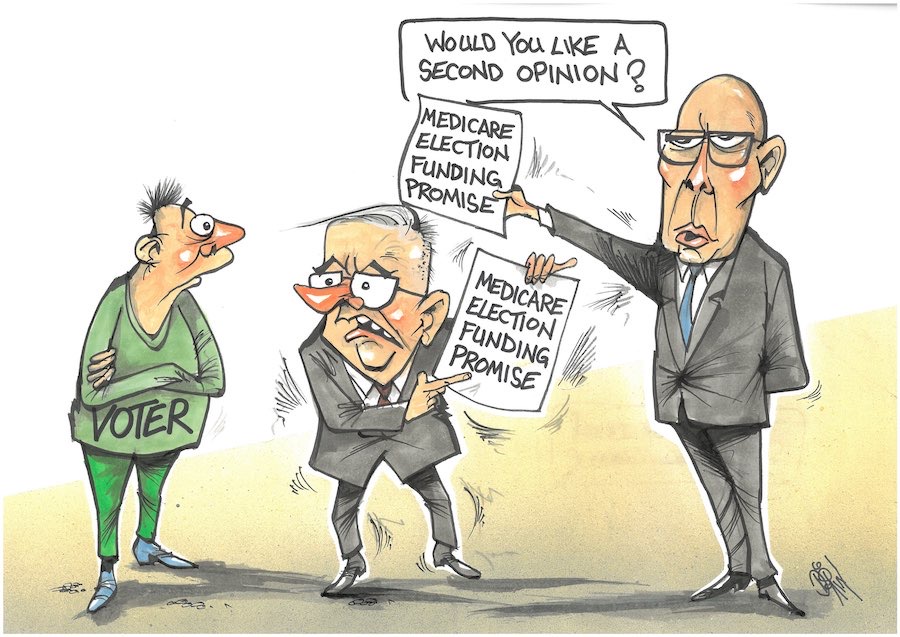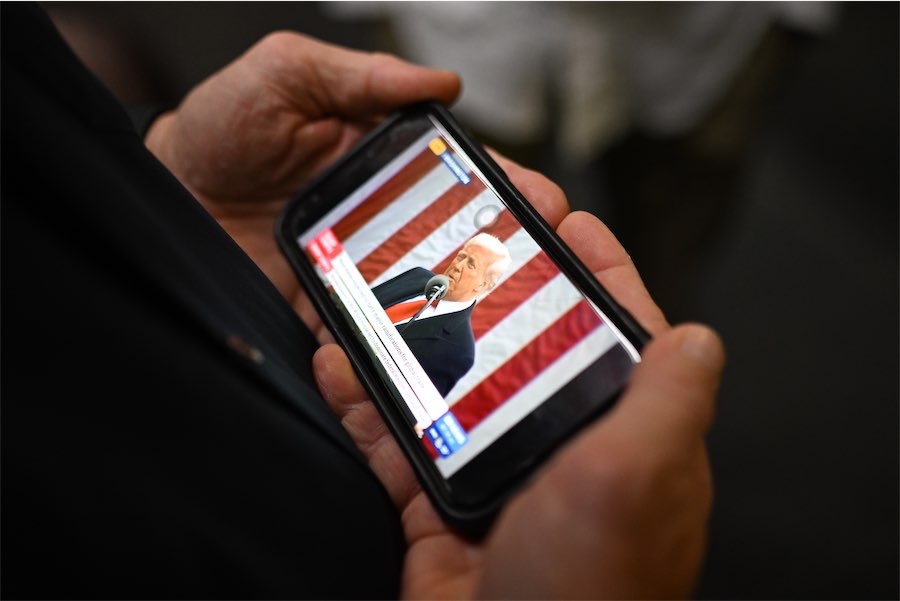THE shame I currently feel as an Australian when travelling overseas is not just about our politicians. It is, after all, easy to blame the political parties. However, it also reflects our community.

The great pride I feel in the fields of Flanders is so strongly undermined by the way we treat asylum seekers. The reality is that Australia’s reputation overseas has taken a serious dive.
When the “New York Times” is prepared to publish an article with a headline “Australia’s Offshore Cruelty”, it’s about time to rethink our approach. The opinion piece, by Roger Cohen, identifies our inhumanity in leaving refugees in a situation of having no idea what will happen to them as they remain in indeterminate internment.
Cohen has made the call to scrap a policy that condemns refugees to “languish with no notion of how their limbo will end”. He also reminds the world that Australia has adopted policies where “women and children are vulnerable in squalid conditions where idleness and violence go hand in hand”.
Travelling in England and Europe over the last few weeks, I have been constantly asked why it is that such a wealthy community, with so much land, is so miserly, mean and nasty to refugees. It’s hard to answer.
One version of the question is: “Weren’t you all refugees of one kind or another?” Another is: “Surely you are able to handle these people yourselves without palming them out to your impoverished Pacific neighbours?” And: “How do you feel about the courts in New Guinea finding that the whole process is illegal?”
Some questions are even harder to answer, particularly when asked to put the ethics aside and consider international law.
“Surely it is illegal under your system to incarcerate people for an unknown time when they have committed no crime? They are not serial killers after all.”
The most cutting part comes when asked how it could be that even our centre-left political party, the Labor Party, could have the same attitude as the conservatives.
Of course, Australia is not the only country wrestling with this issue. The hard right in Europe does have an increased following. They have similar attitudes to our major political parties as hundreds of thousands of refugees seek to escape the violence of war in Syria and other conflict zones. Austria even came within a percentage point of electing the far-right candidate, Norbert Hofer, to its presidency. Many argued that the main issue was about the handling of the European refugee crisis.
Others disagree that it is all about refugees. One of the BBC reporters, in her coverage of the election, opined that although refugees from the Middle East wars are an important factor, dissatisfaction with the incumbent major parties played a much more important role.
There is also an important sentiment in Britain amongst those seeking to exit from the European Union who argue that “the UK should have control over its own borders”. The truth is that travel between the UK and the rest of Europe has always required going through immigration and passport control whether by road, train, air or sea.
The overwhelming majority of refugees are trying to escape the weapons that have brought so much profit to other nations rather than seeking greater economic opportunities. Either way, history should demonstrate to Australians how hard refugees work to build a new life once they have been accepted in a country. They hardly fit the Peter Dutton description of intending to steal Australian jobs and “languish in unemployment queues”.
The displaced refugees of World War II and those seeking refuge from the Soviet Union provide a great example of people who have helped build Australia. The same is true with the wave of immigration from Vietnam a generation later.
There were always those who opposed certain tides of immigration. Attitudes post World War II to “wogs” and “dagos” and the White Australia Policy is testament to this historic reality. However, over the last decades Australia has been perceived as happy-go-lucky, as welcoming, as being tolerant. Not anymore!
The Greens are still the only significant political party with a humane policy to refugees. And they are making it very clear that they believe “there is a better way”.
The election will be a serious test not only for them, but for Labor. The real risk for Labor is the Greens are moving from their more radical left agenda into being the party of the centre left. As Roger Cohen puts it, Australia should “scrap a policy that shames a nation with its pointless cruelty”.
Michael Moore was an independent member of the ACT Legislative Assembly (1989 to 2001) and was minister for health.
Who can be trusted?
In a world of spin and confusion, there’s never been a more important time to support independent journalism in Canberra.
If you trust our work online and want to enforce the power of independent voices, I invite you to make a small contribution.
Every dollar of support is invested back into our journalism to help keep citynews.com.au strong and free.
Thank you,
Ian Meikle, editor









Leave a Reply